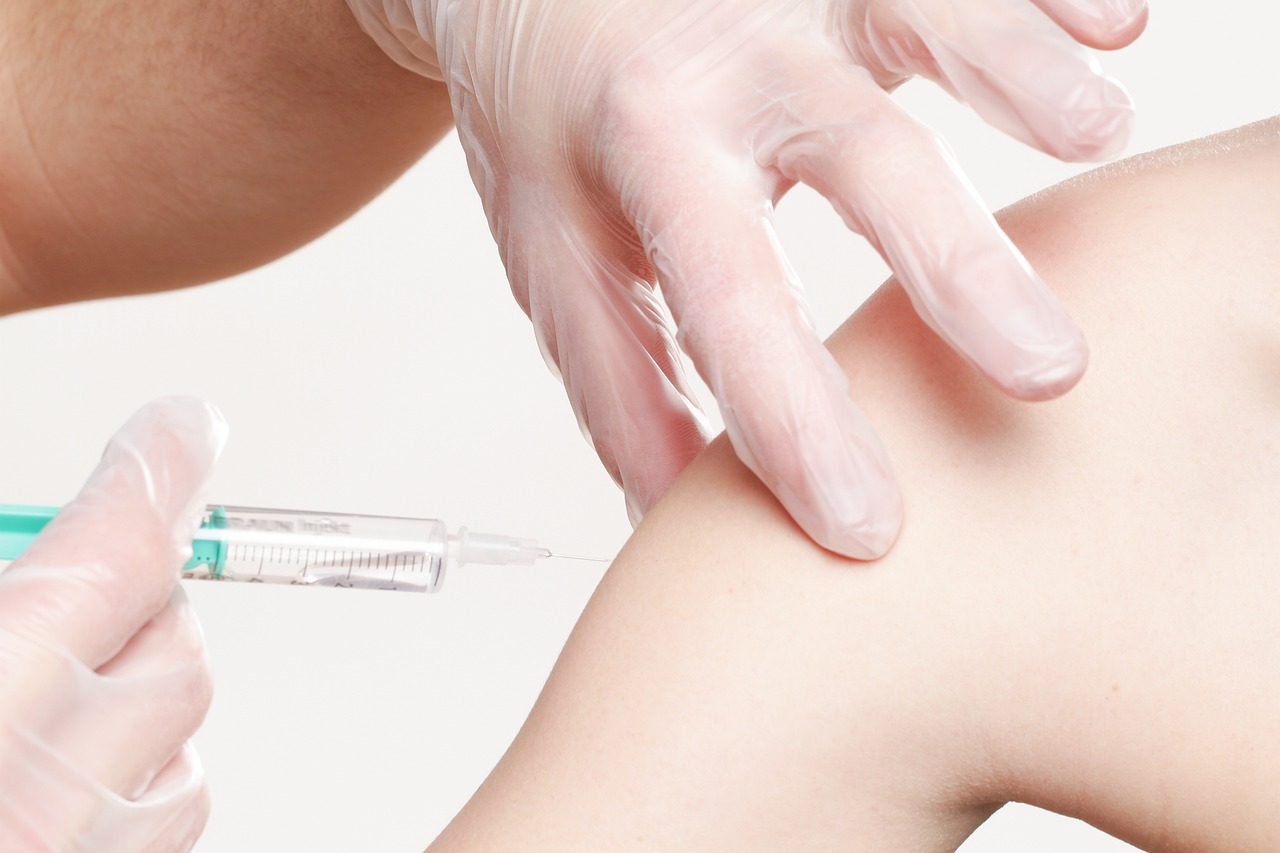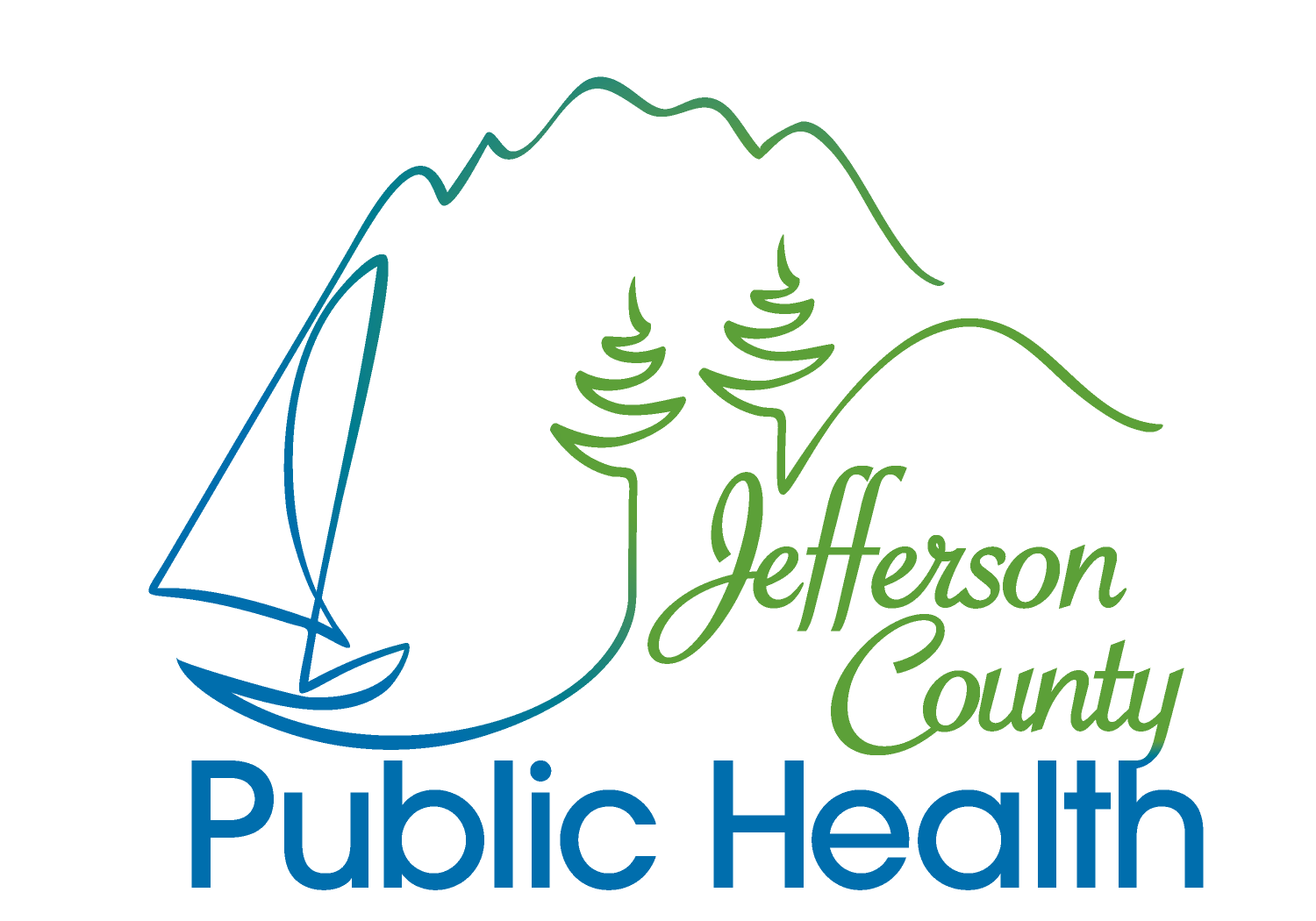
Summary
- Everyone 6 months or older should get seasonal flu vaccine.
- Everyone 6 months or older should get 2025–26 COVID-19 vaccine.
- Moderna approved for 6 months and older.
- Pfizer approved for 5 years and older.
- Novavax approved for 12 years and older.
- Stop giving last year’s (2024-2025) COVID-19 vaccine formulation.
- Updated RSV (respiratory syncytial virus) recommendation for older adults:
- Everyone 75 years and older should get RSV vaccine,
- as should those 50–74 years old at increased risk of severe RSV.
- Abrysvo vaccination for pregnant people 32-36 weeks gestation began Sept. 1.
- RSV monoclonal antibody administration for babies and eligible toddlers begins Oct. 1.
- Co-administration of COVID-19, flu, and RSV vaccines is safe.
- Vaccination is one of the best ways to prevent severe disease and hospitalization.
COVID-19 vaccine recommendations
Washington State Department of Health (DOH) continues to recommend everyone 6 months and older, including pregnant people, stay up to date with the current COVID-19 vaccine to help protect against severe illness, hospitalization, and death. DOH supports evidence-based recommendations from trusted national medical associations including the American Academy of Pediatrics for those 6 months-18 years, the American College of Obstetrics and Gynecology for all pregnant people, and the American Academy of Family Physicians for adults 19 years and older. DOH provided a statewide standing order to assist providers.
For most people, the minimum interval between their last COVID-19 vaccine dose and their updated dose is 8 weeks. There are exceptions for people completing a multidose initial vaccination series, including:
- Children 6 months–4 years old.
- Anyone 6 months or older who is moderately or severely immunocompromised.
- People 12 years or older who get Novavax.
For full schedule details, follow DOH’s COVID-19 Vaccine Schedule as recommendations vary based on age, comorbid conditions, and vaccination history. Learn more about Washington State’s COVID-19 vaccine recommendations:
- CDC and DOH recommend everyone 6 months or older get updated 2025–26 flu vaccine to reduce the risk of flu and its potentially serious complications.
- Some children 6 months–8 years old need 2 doses of flu vaccine, including those who:
- Are getting flu vaccine for the first time.
- Previously got only 1 dose of flu vaccine.
- Have an unknown vaccination history.
- People who are pregnant or might be pregnant during flu season should get flu vaccine.
- Pregnant people and those with certain medical conditions or those who are immunocompromised should not get live, attenuated intranasal flu vaccine.
- Adults 65 years or older are recommended to preferentially get high dose, recombinant, or adjuvanted flu vaccine.
- It is ideal for most people to get flu vaccine in September or October. Continue to offer flu vaccine throughout the season, as long as flu viruses are circulating.
- All flu vaccines are trivalent this year.
- Egg-based vaccines:
- A/Victoria/4897/2022 (H1N1)pdm09-like virus.
- Updated A/Croatia/10136RV/2023 (H3N2)-like virus.
- B/Austria/1359417/2021 (B/Victoria lineage)-like virus.
- Cell- or recombinant-based vaccines:
- A/Wisconsin/67/2022 (H1N1)pdm09-like virus.
- Updated A/District of Columbia/27/2023 (H3N2)-like virus.
- B/Austria/1359417/2021 (B/Victoria lineage)-like virus.
- Egg-based vaccines:
RSV prevention recommendations
To protect infants and young children
CDC recommends choosing 1 of these to protect infants and young children against severe RSV:
- Abrysvo RSV vaccine during pregnancy.
- RSV immunization for infants and some older babies.
Most infants will not need both.
- Administer Sept. 1–Jan. 31.
- 1 dose between 32–36 weeks gestation.
- Abrysvo is the only FDA-approved RSV vaccine for pregnant people.
- Administer Oct. 1–March 30.
- For infants born during this time, monoclonal antibody should be administered within 1 week of birth, ideally at the hospital.
- CDC and DOH recommend RSV monoclonal antibody for infants if:
- The mother did not get RSV vaccine during pregnancy.
- You don’t know the mother’s RSV vaccination status.
- The infant was born within 14 days of maternal RSV vaccination.
- Two products are available this season:
- Clesrovimab (Enflonsia): 1 dose for infants less than 8 months of age regardless of weight entering their first RSV season. Not recommended for infants 8 months or older.
- Nirsevimab (Beyfortus):
- 1 dose for infants less than 8 months of age (50 mg for infants <5 kg and 100 mg for infants ≥5 kg) entering their first RSV season.
- 200 mg dose administered as 2 IM injections (2 x 100 mg) for children up to 24 months of age, regardless of body weight, who remain vulnerable in their second RSV season. This includes children who:
- Are American Indian or Alaska Native.
- Have chronic lung disease of prematurity and require medical support during the 6 months before the start of their second RSV season.
- Have severe immunocompromise.
- Have severe cystic fibrosis.
- Except in rare circumstances, infants younger than 8 months who are born 14 or more days after their mother got RSV vaccine don’t need RSV monoclonal antibody. Learn more about special situations and populations.
RSV recommendations for adults
- 3 RSV vaccines are licensed for use in adults 50 years or older:
- Arexvy by GSK.
- mRESVIA by Moderna.
- Abrysvo by Pfizer.
- CDC recommends 1 single dose of RSV vaccine for:
- Adults 75 years or older.
- Adults 50–74 years old who are at increased risk of severe RSV disease because of things like:
- Cardiovascular disease.
- Lung disease.
- End-stage renal disease or dependence on hemodialysis or other renal replacement therapy.
- Diabetes mellitus with end-organ damage.
- Severe obesity.
- Liver disorders.
- Neurologic or neuromuscular conditions.
- Hematologic disorders.
- Moderate or severe immune compromise.
- Living in nursing homes or other long-term care facilities that assist with activities of daily living.
Other chronic medical conditions or risk factors that a healthcare provider determines might increase the risk of severe disease due to respiratory infection.
More resources:
- COVID-19 Statewide Standing Order, DOH.
- COVID-19 Vaccine Standing Order FAQ for the Public (PDF), DOH.
- COVID-19 Vaccine Standing Order FAQ for Health Care Providers (PDF), DOH.
- COVID- 19 Vaccine Schedule for Health Care Providers (PDF), DOH.
- COVID-19 Vaccine Insurance Coverage, DOH.
- 2025-2026 Flu Season, CDC.
- Information for Health Professionals: Flu, CDC.
- RSV: Vaccines for adults, CDC.
- RSV Immunization Guidance for Infants and Young Children, CDC.
- MMWR:
- Prevention and Control of Seasonal Influenza with Vaccines: Recommendations of the Advisory Committee on Immunization Practices — United States, 2025–26 Influenza Season.
- Use of Clesrovimab for Prevention of Severe Respiratory Syncytial Virus–Associated Lower Respiratory Tract Infections in Infants: Recommendations of the Advisory Committee on Immunization Practices — United States, 2025.
- Respiratory Syncytial Virus Immunization Coverage Among Infants Through Receipt of Nirsevimab Monoclonal Antibody or Maternal Vaccination — United States, October 2023–March 2024.
- Interim Evaluation of Respiratory Syncytial Virus Hospitalization Rates Among Infants and Young Children After Introduction of Respiratory Syncytial Virus Prevention Products — United States, October 2024–February 2025.
- Influenza, COVID-19, and Respiratory Syncytial Virus Vaccination Coverage Among Adults — United States, Fall 2024.
Questions?
Contact Jefferson County Public Health at (360) 385-9400.